Nature Addresses Helicopter Research and Ethics Dumping
New framework aims to improve inclusion and ethics in global research collaborations amid wider efforts to end exploitative practices.
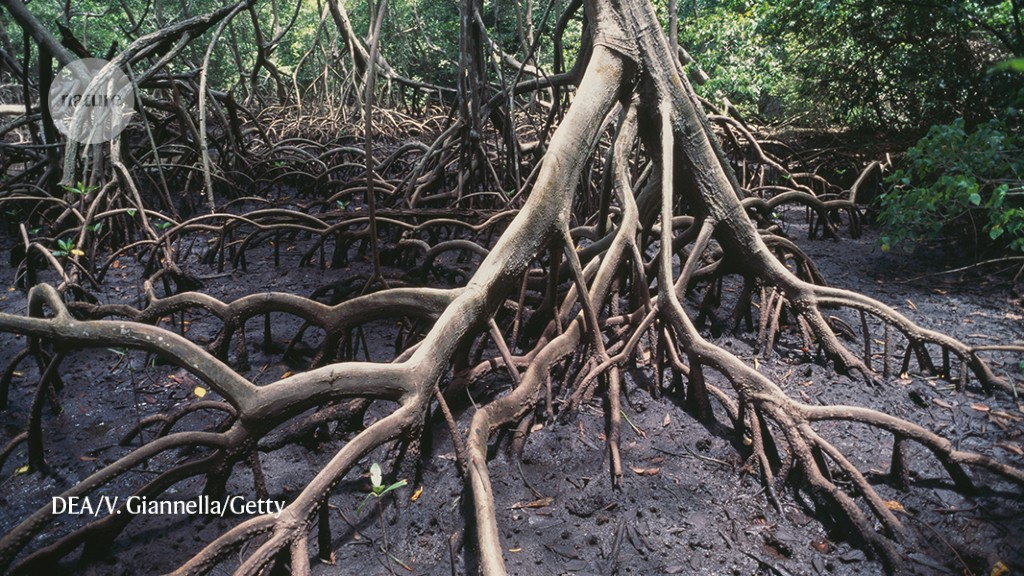
Send us a link
New framework aims to improve inclusion and ethics in global research collaborations amid wider efforts to end exploitative practices.

This article studies international citation and text similarity networks across 150 fields and find that some countries increasingly receive more citations despite researching similar topics as others.
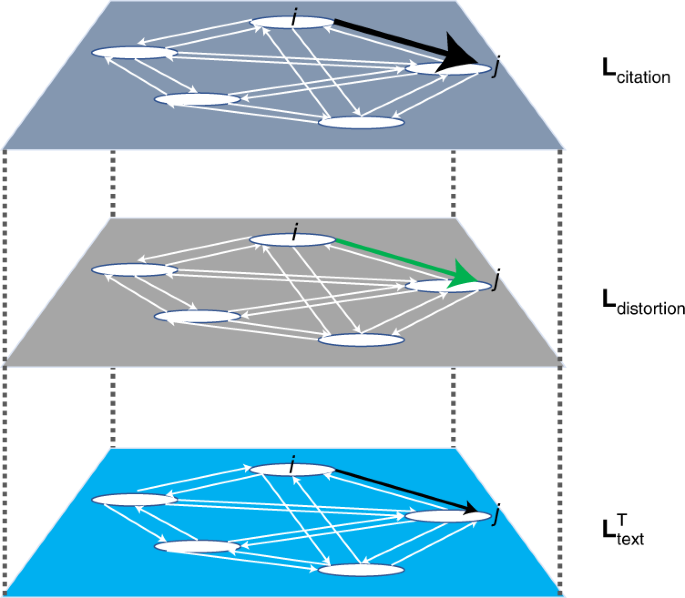
Firm launches 'healthier world' accord in Davos and speaks to other drugmakers about similar steps
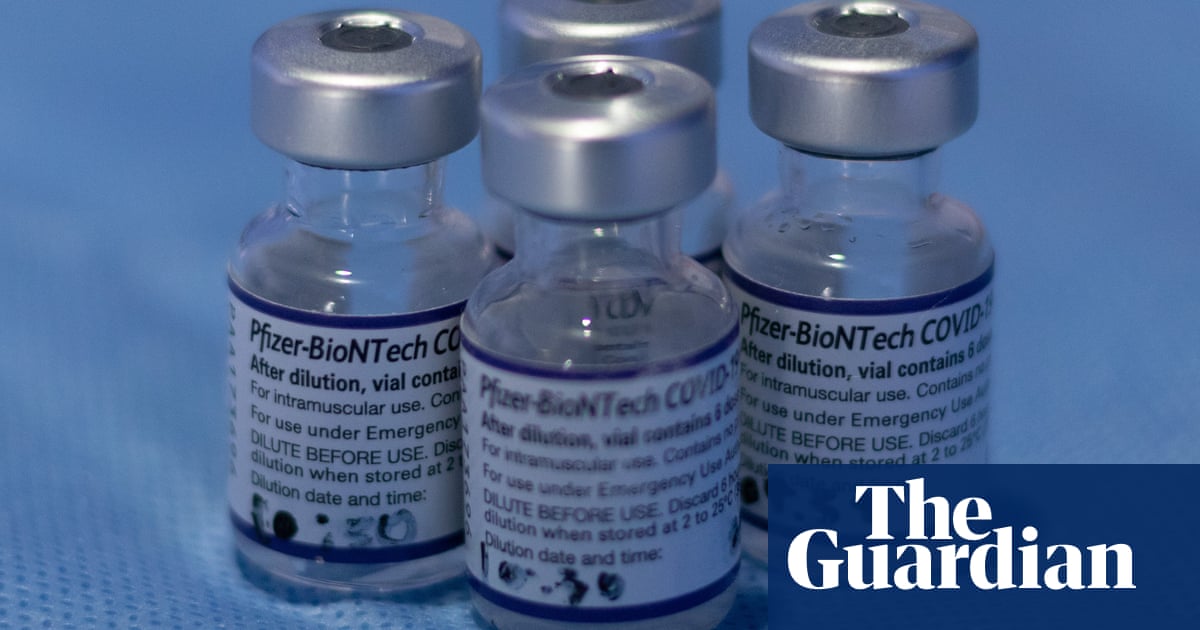
The UK has followed much of the rest of Europe and announced its own scientific sanctions against Russia, leaving the US, which has still not issued any centralised guidance, increasingly isolated in its inaction. After reviewing its Russian links, the UK has said its research and innovation funding organisations will not start any new projects with Russia. Payments to existing projects "with a Russian dimension" have been paused pending an assessment of which ones "benefit the Russian regime."
As the world cuts Russia off from more and more joint research and innovation projects following its invasion of Ukraine, there's been deafening silence from the ITER megaproject that is seeking to demonstrate the potential of nuclear fusion by building the world's largest tokamak in south west France.
Russia says Ukraine and its allies are planning a "dirty" weapons attack. The US says that's false. But what are these weapons and who has them?
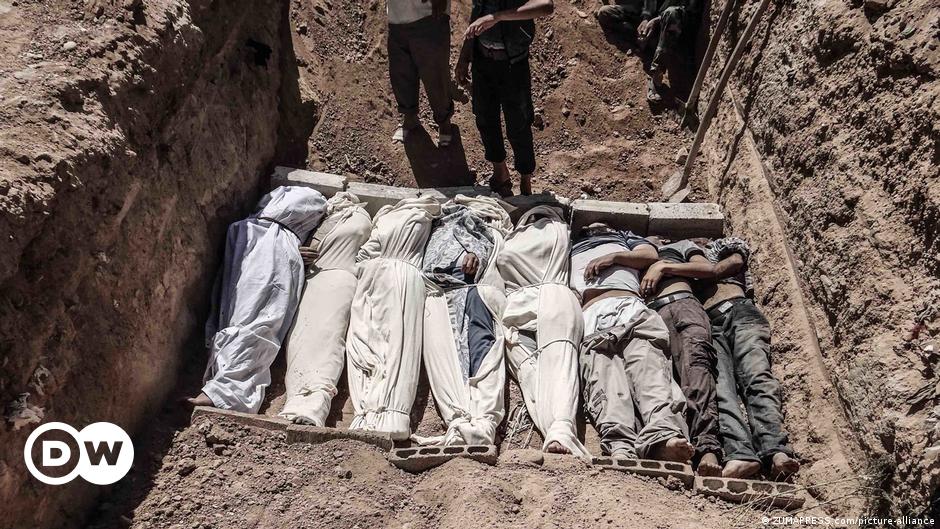
Mark Vande Hei, who is set to break the US single spaceflight record, will be riding a Russian capsule back to EarthRussia-Ukraine war.

EU research ministers signed a declaration laying out common principles and values for international cooperation in research and innovation in Marseille on Monday, but these rules arrive as the rapid pace of geopolitical change threatens to render them useless in selecting scientific collaborators from outside the EU.
For about 20 years, Swedish medical university Karolinska Institutet has maintained a partnership with one of Russia's main cardiology clinics, the Almazov National Medical Research Centre in St. Petersburg. This institutional tie was abruptly suspended on 2 March, as part of Sweden's sanctions for the war in Ukraine.
As extreme weather events become commonplace, threatening communities and economies across the world, the UN is helping policy-makers and leaders by projecting the impact of future climate hazards, and recommending the best, most cost-effective ways to adapt.

The world is failing to tackle the persisting and increasingly serious global crisis of depression it is facing, according to a Lancet and World Psychiatric Association Commission on depression, which calls for a whole-of-society response to reducing the global burden of depression.
Apart from economic, political, and cultural cooperation for an equal growth of all developing countries, science and technology are an integral significant component in these levels of engagement for leveraging mutual gains. The current pandemic not only brought about an 1800 shift in the relationship between the government, policy makers, and the scientific community but highlights the importance of South–South Cooperation (SSC).
COVID-19 presents a opportunity to transform democratic engagement in the governance of global public goods. To make us more resistant and resilient to future global health crises we need transformative thinking to democratically engage global citizens.

R&I Foreign interference occurs when activities are carried out by, or on behalf of, a foreign state-level actor, which are coercive, covert, deceptive, or corrupting and are contrary to the sovereignty, values, and interests of the European Union (EU). EU Higher Education Institutions (HEIs) and Research Performing Organisations (RPOs) can benefit from a comprehensive strategy for tackling foreign interference that covers key areas of attention grouped into the following four categories: values, governance, partnerships and cybersecurity. This document contains a nonexhaustive list of possible mitigation measures that can help HEIs and RPOs to develop a comprehensive strategy, tailored to their needs.
The EU urgently needs better intelligence about China's science and technology system to avoid being taken advantage of, warns a new report.
Countries and universities are once again engaged in a war for talent over researchers, entrepreneurs and students as the world emerges in fits and starts from a pandemic-induced slowdown in international migration.
Free to Think 2021 is the seventh installment of an annual report by SAR's Academic Freedom Monitoring Project. The report analyzes 332 attacks on higher education communities in 65 countries and territories.
The decision to appoint a board of advisors is welcome - and urgent, given the twin challenges of COVID and climate change.

A new US strategy to expand international science diplomacy gathered speed, as the Biden administration announced collaborations with the Swiss and Canadians, and upcoming discussions with France, Japan and other science partners.
The aim is to help Swiss and US researchers carry out projects with partners in the respective countries.
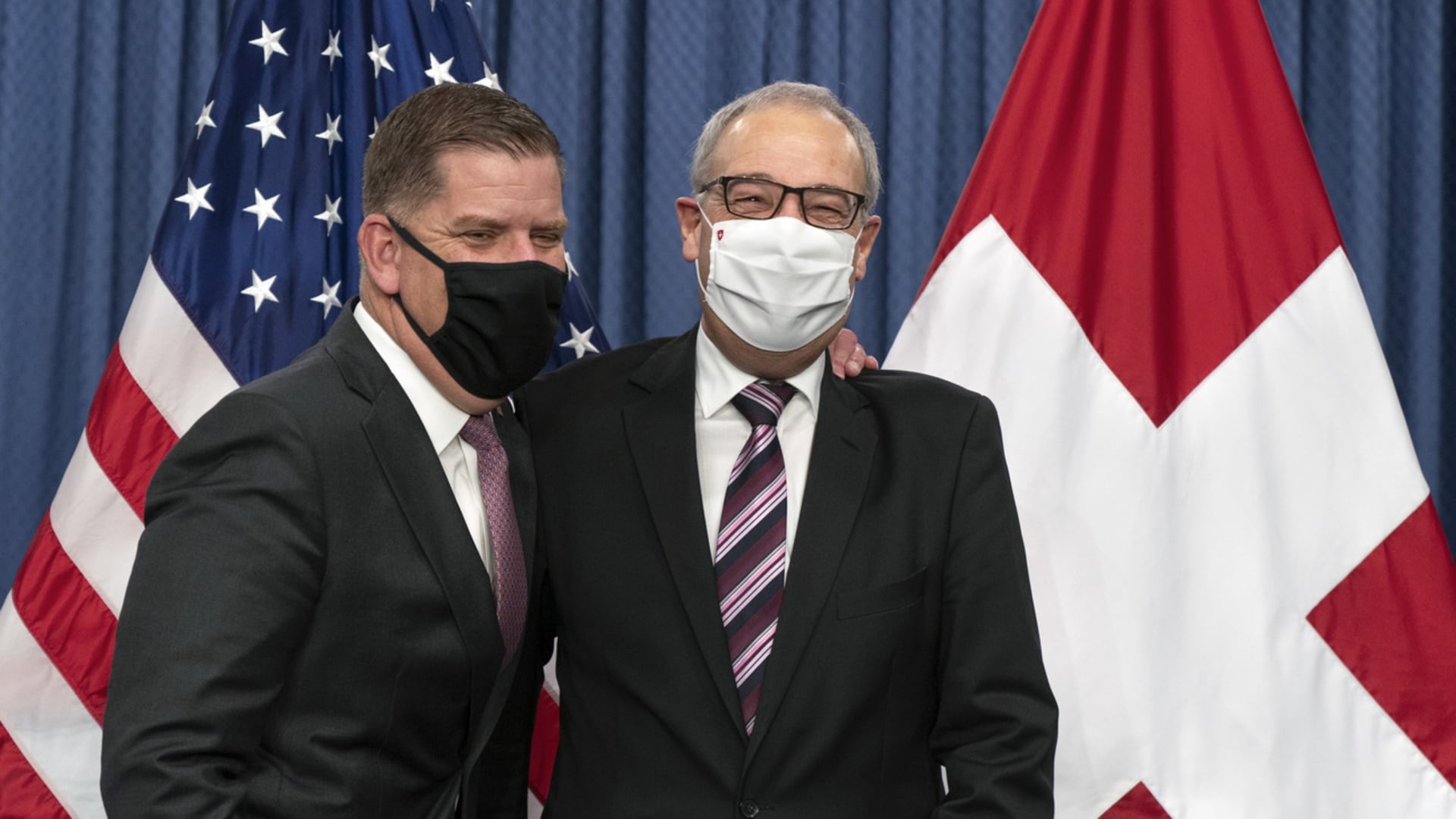
The ELN's Sylvia Mishra writes that AI-generated fake videos - deep fakes - threaten to exacerbate chaos in conflict, lower nuclear thresholds and complicate nuclear weapons decision-making. The uncontrolled use and spread of this technology requires urgent attention from the nuclear policy community.

Results from some of the innovative EU-funded research that help us to better understand the major political issues of the day and provide recommendations for policymakers, citizens and other organisations to better respond to the threats facing European democracy.
The OECD has published a study that makes nine recommendations to improve the situation of academic careers.

Concerns about a "new Cold War" over science and technology are a major reason behind the creation of a new think tank that looks out for future advances and development.

The members and alumni of the Global Young Academy (GYA) urge governments, universities and scientific organisations to take immediate action to secure the lives and careers of Afghanistan's scholars and students. A particular focus is necessary to protect women, children, and at-risk groups.
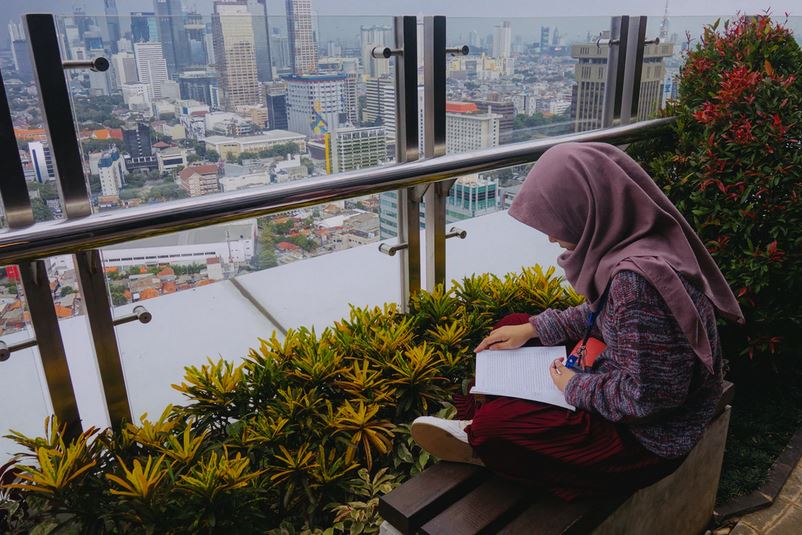
It's time to tackle the cumulative barriers and biases faced by scientists who aren't from wealthy countries.
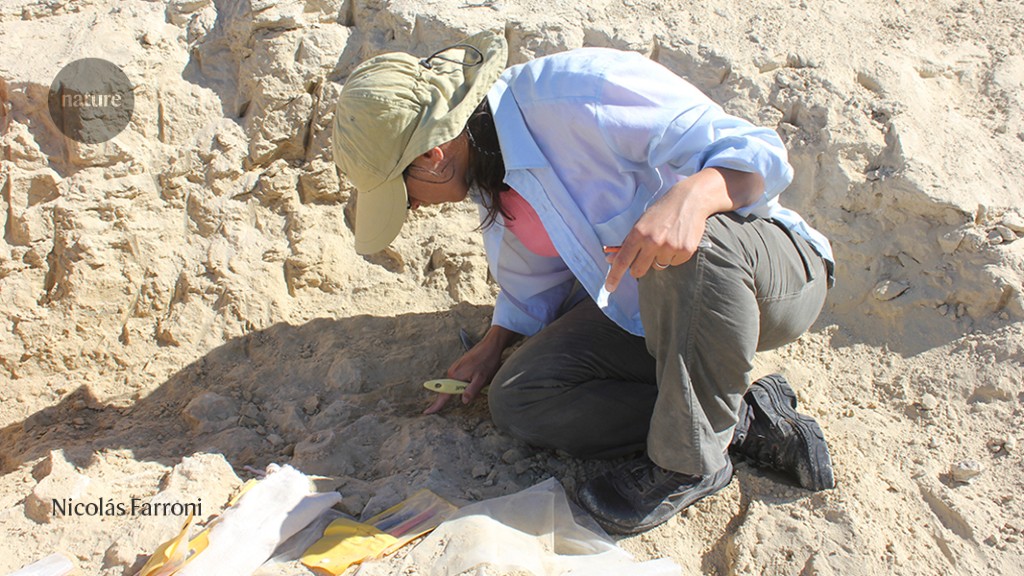
The European People's Party (EPP) is calling on the Commission and member states to fund emergency placements for Afghan researchers and academics at European higher education and research institutions. One of the EPP's lead MEPs, Christian Ehler, said scientists in Afghanistan risk being persecuted by the Taliban, after the islamist group took over the country when the US military and its allies pulled out.
Governments and companies urgently need to share data on the mounting volume of satellites and debris orbiting Earth.
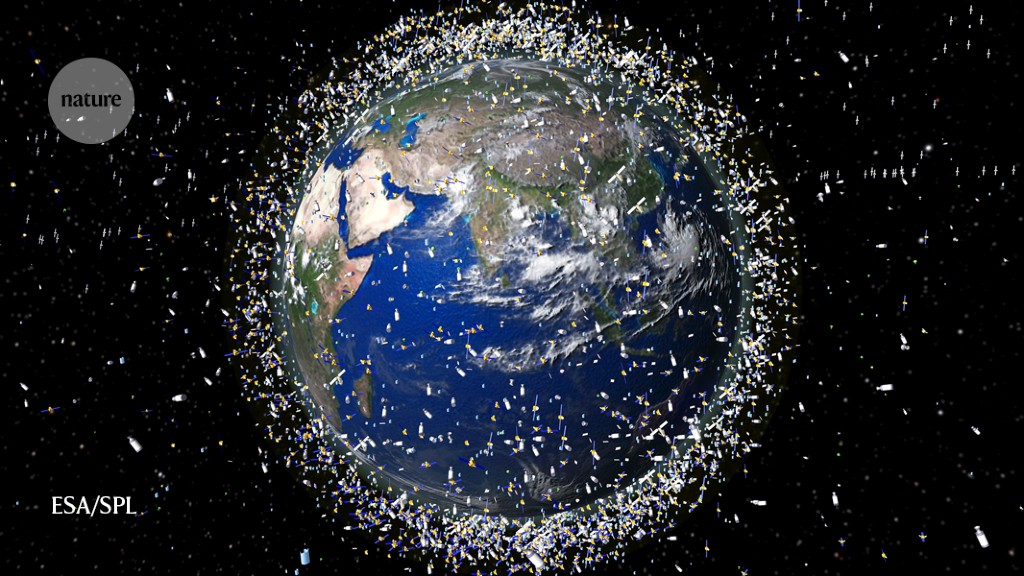
A recent visit to the site of the first atomic bomb explosion offered desert vistas, (mildly) radioactive pebbles and troubling reflections.
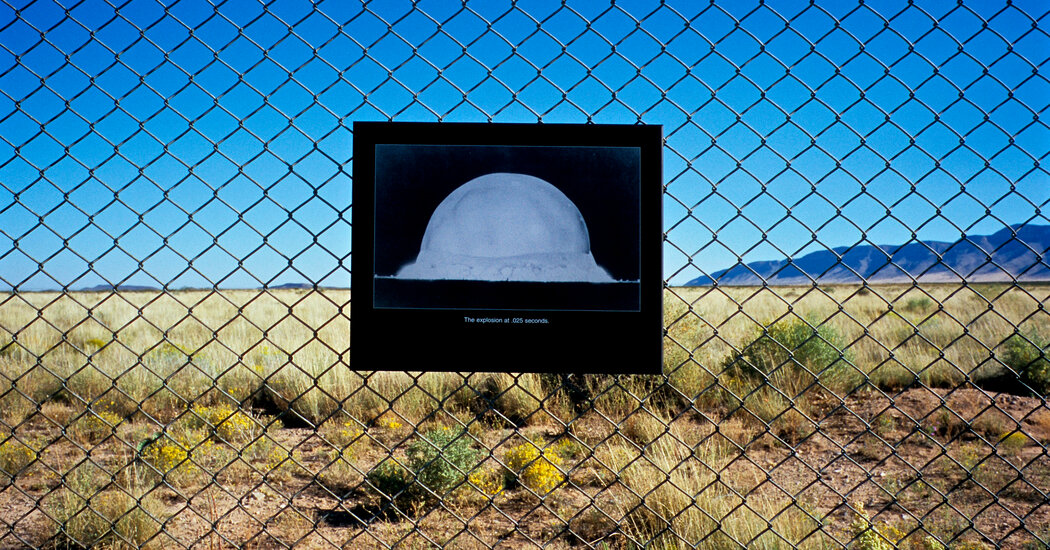
Policy makers and lobbyists in Brussels want to explicitly limit access for scientists in countries that flout academic freedom and intellectual property rights.